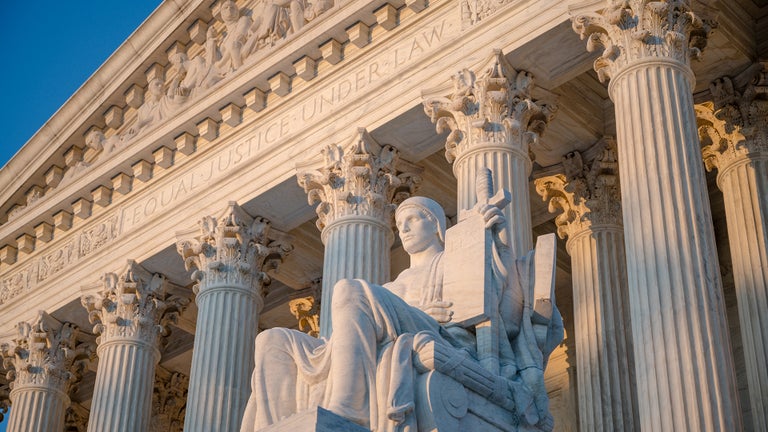Alabama’s Supreme Court’s recent ruling redefining frozen embryos as children sent shockwaves through the reproductive rights landscape. For Margaret Boyce, a hopeful mother navigating fertility treatments, the decision hit close to home, disrupting her IVF journey just as she was about to begin.
The ruling, which led many fertility clinics to halt services, has left her seeking solace in her faith, turning to the Bible for comfort in these uncertain times.
Margaret, a devout Christian, sees the court’s decision as a profound challenge to her beliefs about the sanctity of life and the mandate to procreate. For her, the journey to parenthood is deeply personal, fraught with emotional, mental, and financial challenges. Now, facing additional hurdles due to the court’s ruling, she grapples with the added anxiety it brings to an already difficult process.
At the heart of the ruling is the question of whether existing laws regarding the wrongful death of minors extend to include embryos, effectively granting them legal personhood. While the court’s decision did not explicitly ban IVF, it has cast a shadow of uncertainty over fertility clinics and medical professionals, who fear legal repercussions. Despite assurances from the attorney general’s office that no criminal charges will be pursued against IVF clinics, concerns linger among providers.
Chief Justice Tom Parker’s concurring opinion, steeped in theological reasoning, underscored the deeply entrenched religious beliefs shaping the court’s decision.

Chief Justice Tom Parker, of the Alabama Supreme Court
Drawing from religious texts and invoking the “theologically-based view of the sanctity of life” enshrined in Alabama’s constitution, Justice Parker framed the ruling as a reflection of divine mandate. This fusion of law and theology has stirred debate within religious communities and further polarized the discourse on reproductive rights.
While some anti-abortion groups hailed the court’s decision as a victory for their cause, others, like Margaret, find themselves at odds with the intersection of law and religion.
For her and countless others navigating the complexities of fertility treatments, the ruling represents a formidable barrier to realizing their dreams of parenthood. As the legal and moral implications of the court’s decision continue to unfold, individuals like Margaret are left grappling with the profound consequences for their lives and faith.

